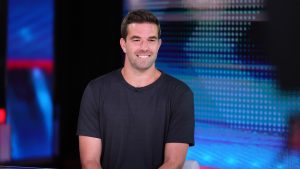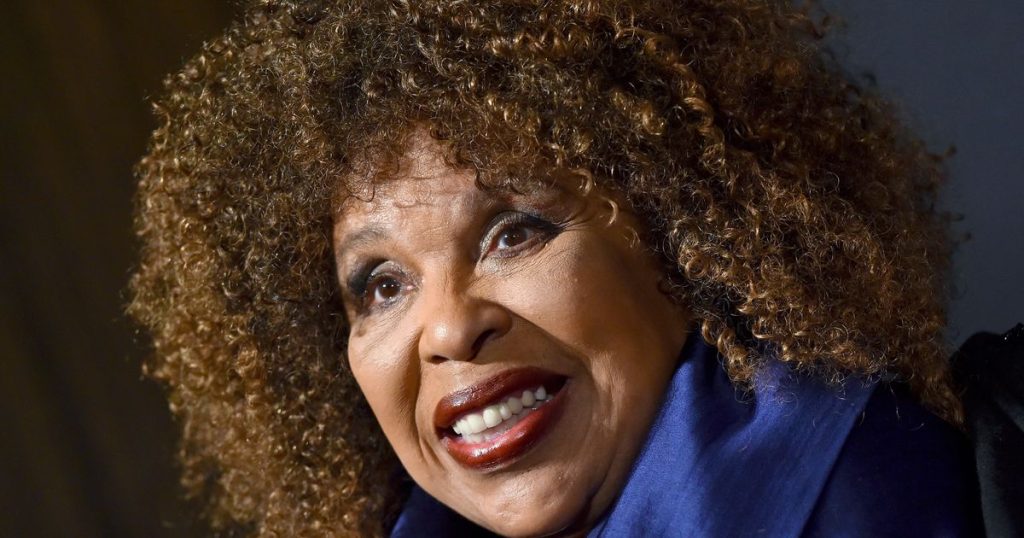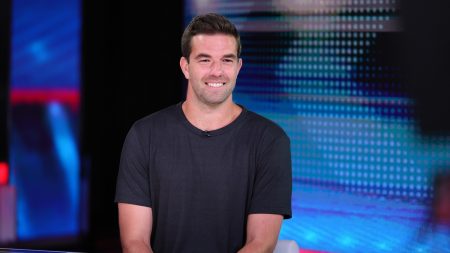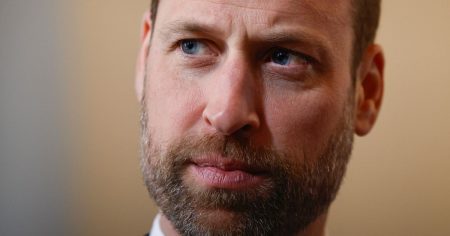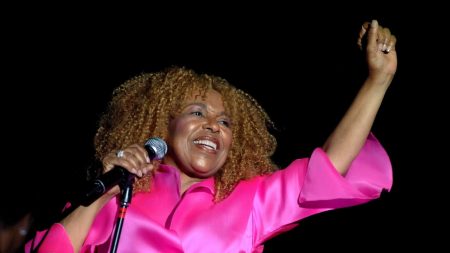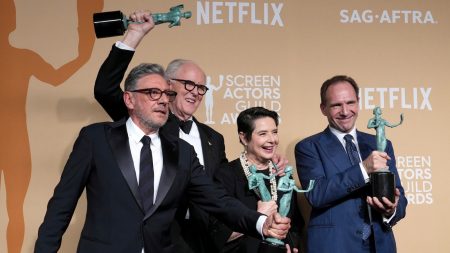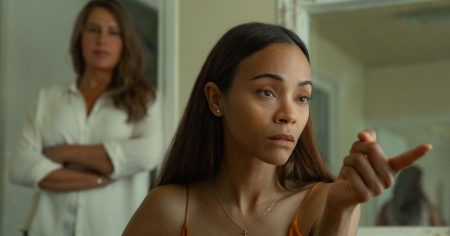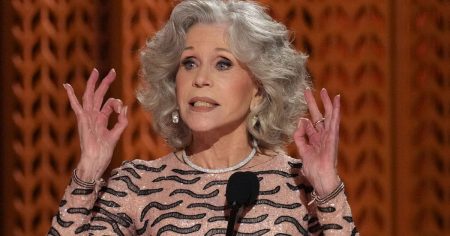Remembering Roberta Flack: A Legendary Voice and a Life of Passion
A Musical Icon Passes On
Roberta Flack, the Grammy-winning singer and pianist whose soulful voice and intimate style captivated listeners around the world, passed away on Monday at the age of 88. Surrounded by her family in the comfort of her home, Flack left behind a legacy that transcends music, touching on civil rights, education, and the power of art to unite and inspire. Her death marks the end of an extraordinary life that saw her rise from humble beginnings to become one of the most influential artists of the 1970s and beyond.
From Humble Roots to Overnight Stardom
Born Roberta Cleopatra Flack in Black Mountain, North Carolina, and raised in Arlington, Virginia, Flack was destined for greatness. The daughter of musicians, she began playing piano at a young age, earning a full scholarship to Howard University at just 15. After teaching music in junior high schools and performing in local clubs, Flack’s big break came in 1971 when Clint Eastwood featured her rendition of “The First Time Ever I Saw Your Face” in his film Play Misty for Me. The song, with its hushed, hymn-like quality and Flack’s soaring soprano, topped the Billboard charts and earned her a Grammy for Record of the Year in 1972.
A Voice That Touched Hearts and Changed Music
Flack’s success continued with her iconic 1973 hit “Killing Me Softly with His Song,” which also won a Grammy for Record of the Year, making her the first artist to achieve this feat in consecutive years. Her music was a perfect blend of sophistication and vulnerability, capable of summoning both the fiery passion of gospel and the quiet reflection of a love ballad. Flack’s artistry was not just about her voice; it was about the way she made every note feel deeply personal and universally relatable. As jazz musician Les McCann once said, “Her voice touched, tapped, trapped, and kicked every emotion I’ve ever known.”
A Life of Purpose Beyond Music
Roberta Flack was more than just a singer; she was a woman of conviction and compassion. She was a vocal supporter of civil rights, counting figures like Rev. Jesse Jackson and Angela Davis among her friends. Flack even visited Davis in jail while she awaited trial for charges she was later acquitted of. Her commitment to social justice was matched only by her dedication to music education. She taught music in Washington, D.C., schools and later founded the Roberta Flack School of Music in New York, offering young students the opportunity to learn and grow through music.
Collaborations and Connections That Defined Her Career
Flack’s music was often at its best when she shared the stage—or the studio—with others. Her duets with Donny Hathaway, a close friend and former classmate from Howard University, are some of her most beloved works. Hits like “Where Is the Love” and “The Closer I Get to You” showcased their unparalleled musical chemistry. Tragically, their partnership was cut short in 1979 when Hathaway died under mysterious circumstances. Despite the loss, Flack continued to collaborate with other artists, finding new success in the 1980s and 1990s with duets like “Tonight, I Celebrate My Love” with Peabo Bryson and “Set the Night to Music” with Maxi Priest.
A Legacy That Lives On
Roberta Flack’s impact on music and the world cannot be overstated. She won five Grammys, received a lifetime achievement Grammy in 2020, and inspired generations of artists. In 2022, Beyoncé named her alongside Aretha Franklin and Diana Ross as a heroine in her “Queens Remix” of “Break My Soul.” Flack’s music also found new life through covers, most famously the Fugees’ Grammy-winning version of “Killing Me Softly.” Her legacy is not just about the awards or the hits; it’s about the way she used her voice to connect with people, to tell stories, and to bring hope and healing.
A Final Reflection: Her Love for Music and Life
Flack’s journey was not without its challenges. In 2022, she revealed her diagnosis with ALS, a disease that gradually took away her ability to sing. Yet even in her final years, she remained steadfast in her love for music. “I am at home with my piano,” she once said. “Music is our language. No matter what challenge life presents, I can find my way when I hear music.” Roberta Flack’s life was a testament to resilience, artistry, and the enduring power of music. As we say goodbye to this extraordinary woman, we remember not just her songs, but the way she lived, loved, and shared her gifts with the world.

